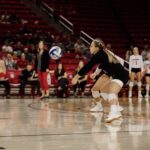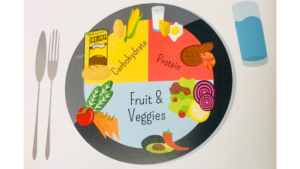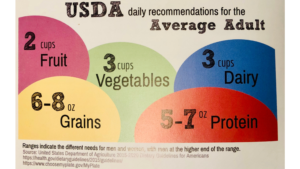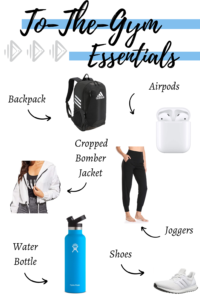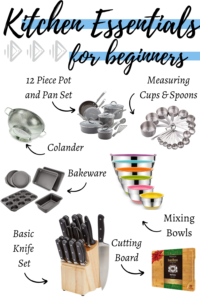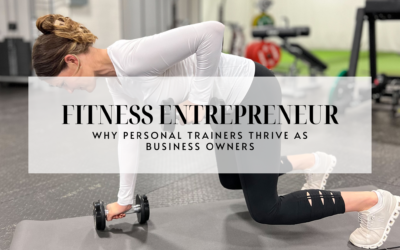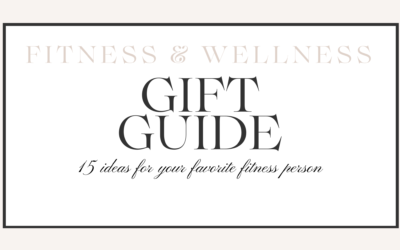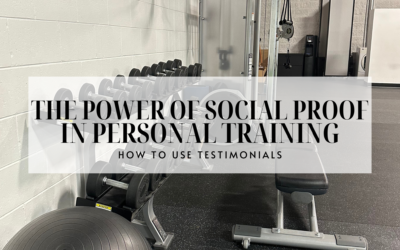As the heartbeat of the fitness world, personal trainers hold a unique power - the power to transform lives, ignite passion, and inspire lasting change. Now, imagine channeling that incredible force into something even more extraordinary - your own fitness business....
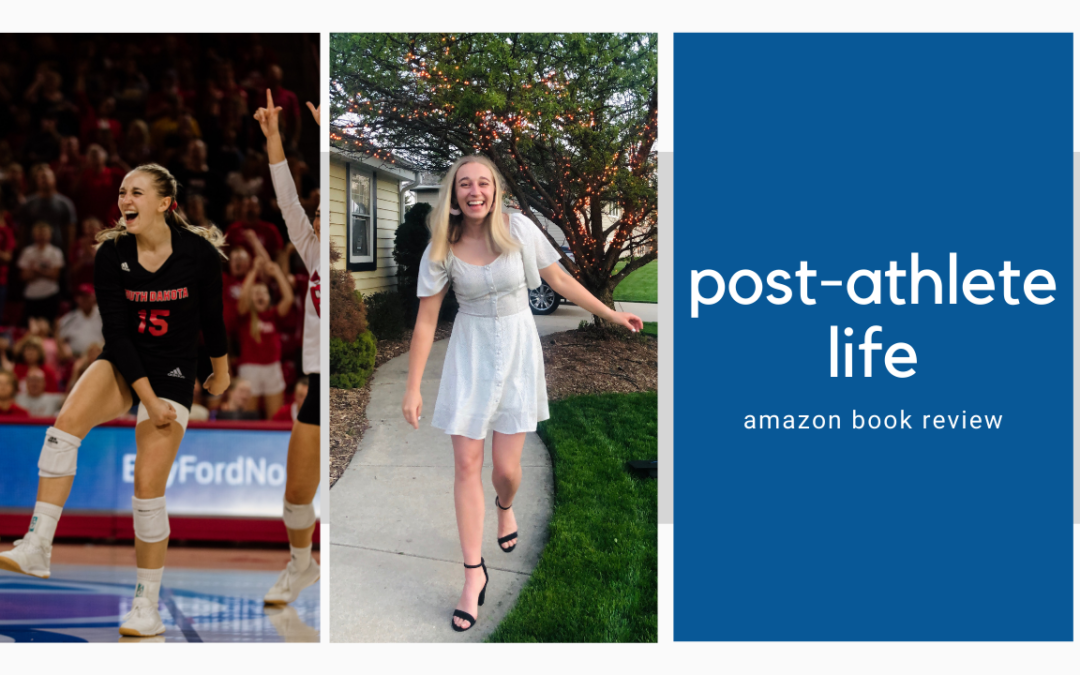
Transitioning to Post-Athlete Life: Tips from a Former Athlete & Registered Dietician
At the age of eight I started competing in my favorite sport, volleyball. I knew that I wanted to play at the Division 1 level someday. It was a dream that soon became a reality. Now that I am done playing it begs the question, now what? What does my post-athlete life look like?
I mean look at how happy I was? Just image working for something for 10 years. Doing it passionately for four years. And then it’s over. When you think of it that way I think it is easy to understand why it can be a challenge for so many people.
I found this book by registered dietician, Lauren Link titled “The Healthy Former Athlete”. Through this book she ventures into this post-athlete life. As a former collegiate swimmer, she can relate to this transition of being on someone else’s time to your own. This seems exciting, but to an athlete, this can be frightening territory.
Throughout the book she dives into what your new workouts will look and feel like. What your new diet will be like. And finding your identity outside of your sport. So, whether you are a former athlete, or just transitioning to a new phase of life, the tips in this book can be quite beneficial!
This post contains affiliate links. I make a commission when you order through one of my links, but there is no increase to the cost you pay.
5 Take-Aways from the book: The Healthy Former Athlete
1. Balance is key
There are a lot of things about being an athlete that require you to go all in. One thing Link emphasized in the book was whether it be working out or eating, balance is the best thing you can do for your physical and mental health. This is a page we can all take out of the book. Life is not about restrictive diets, 60 hour work weeks, or 2 hour “get thin” cardio workouts. Although there are weeks that maybe require more work, finding a balance makes for a happier and healthier life.
And balance will come in the form of stress management. Exercise is a great way to manage stress. As a former athlete you may be use to a level of intensity that is no longer stress reducing. Don’t try to workout for what you were you doing. Workout for what you are doing now. Maybe your hobbies are different, probably. Maybe the amount of time you have is different, definitely.
2. Nutrition is Complicated, Make it Simple
I know this makes no sense, but hear me out. Dieticians go to school for years to fully understand nutrition at each stage of your life. Likely, if you are reading this you are not a dietician. So, the best you can do is listen to the experts and the recommendations they give.
The recommendation is balance. Link gives a helpful chart below for normal meals. She even provides the USDA recommendations for the average person.
Link discusses that the goal in nutrition is get to a point where you can listen to your body and follow intuitive eating, especially when it comes to timing. Start becoming more aware of what your body needs nutritionally and stick to a sustainable relationship with food.
You can also take a look at a recent conversation I had with another Registered Dietician, Elizabeth Kasparek. We talking about nutrition for beginners, but aren’t we just now beginning a new chapter? So we aren’t eating to be top level athletes anymore. How are we suppose to eat. Read this article for 3 tips you can start applying today!
3. You’ll Only be Successful if You Have the Right Tools
Throughout the book, Link talks about creating a space where you are able to accomplish the things you want to. This means creating a schedule in which you fit workouts in and having the right things to feel confident walking in the gym. Here are mine!
JOGGERS | CROPPED JACKET | WATER BOTTLE | SHOES | BACKPACK | AIRPODS
You can also consider WHAT are you going to do for your workouts? As athletes we are trained well to listen to directions. Now that we have control over our exercise choices we may not know where to begin. Finding a program to follow can be extremely helpful. You can check out our series on circuit training or HIIT training as a place to start.
It also means stocking your fridge with the right foods and having the correct tools in your kitchen. Below are the ones Link suggests to start with as basics.
12 PIECE POT AND PAN SET | COLANDER | BAKEWARE | MEASURING CUPS AND SPOONS | MIXING BOWLS | CAN OPENER | BASIC KNIFE SET | CUTTING BOARD | OVEN MIT
4. Stop Looking to be Perfect
This one right here is directly speaking to me. I am a textbook perfectionist. Often as a player I was reminded that I can’t do everything perfect (this confused me). So transitioning to real life full of uncontrollable events can be tough! This is a great reminder, however for taking care of ourselves. If we expect perfection, we will only fall short of our health goals. Follow the 80/20 rule (80% nutritionally focused, 20% whatever strikes your fancy) and find comfort in the wiggle room!
5. Rely on Your Community
As an athlete who has had a permanent community my whole life, starting over can be intimidating. But I think the book does a great job of giving ways to meet people and ways to connect with your existing friends and family! This is a crucial part of making this large transition in your life.

Whether you’re a former athlete like me, starting a new job, or just looking to make a change in your life, the book “The Healthy Former Athlete” offers great insight into health, nutrition, and life. I loved this book as someone who is going through this exact transition and would highly recommend to any of my former athletes out there!
Get your copy of the book ➡️ The Healthy Former Athlete
3 Reasons a Personal Trainer Thrives as Fitness Entrepreneur
Fit Finds: The Ultimate 2023 Fitness Gift Guide
Welcome to the world of fitness and wellness gifting! As we gear up for 2023, it's time to start setting goals and looking for resources to help us succeed. Whether you're a fitness fanatic or seeking the perfect gift for one, our Ultimate 2023 Fitness Gift Guide is...
The Power of Social Proof In Personal Training
In the world of personal training, where trust and credibility play pivotal roles, the concept of social proof functions as an authentic way to connect with your audience. Social proof, the influence created when individuals see others engaging in a particular...


